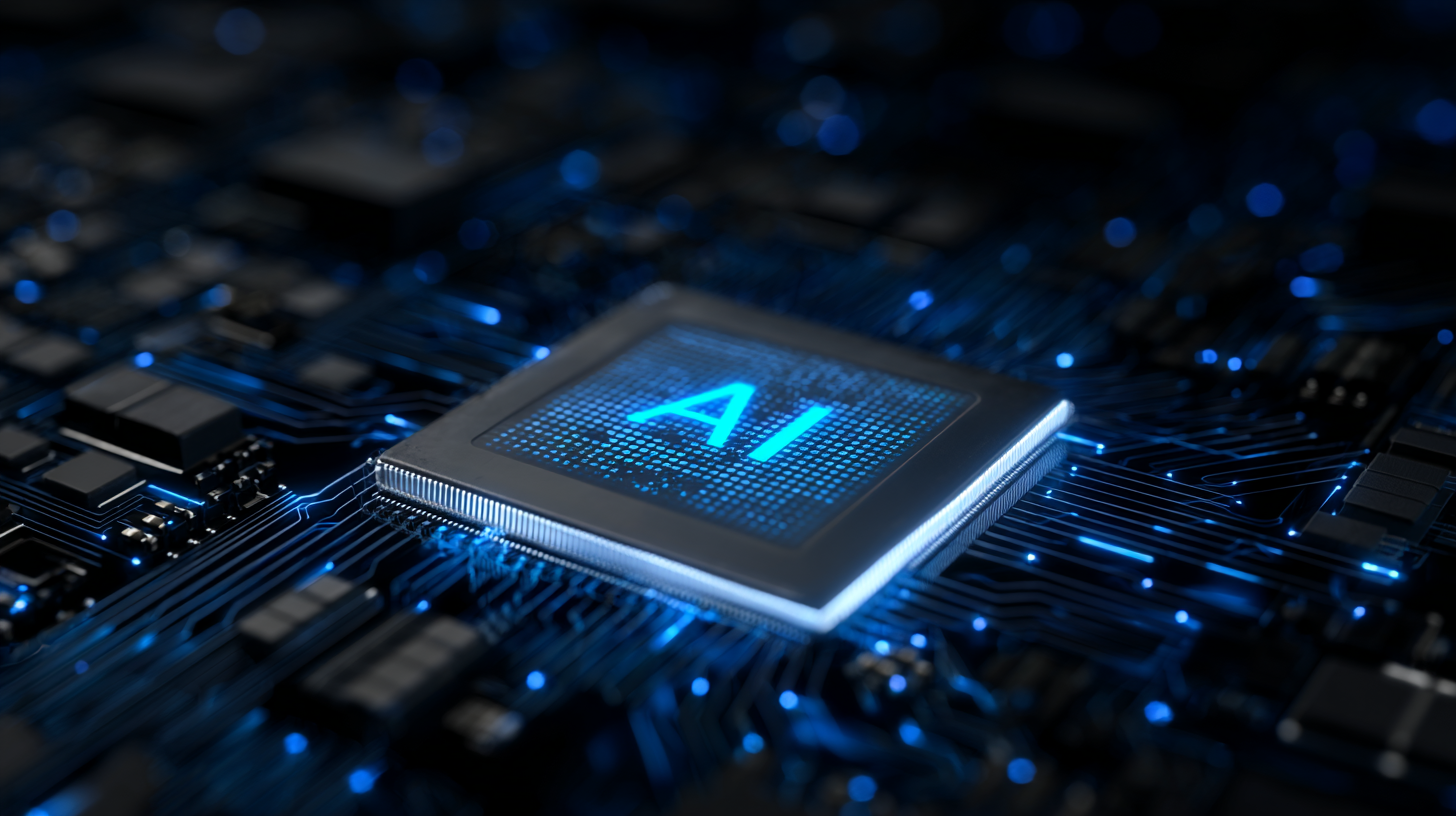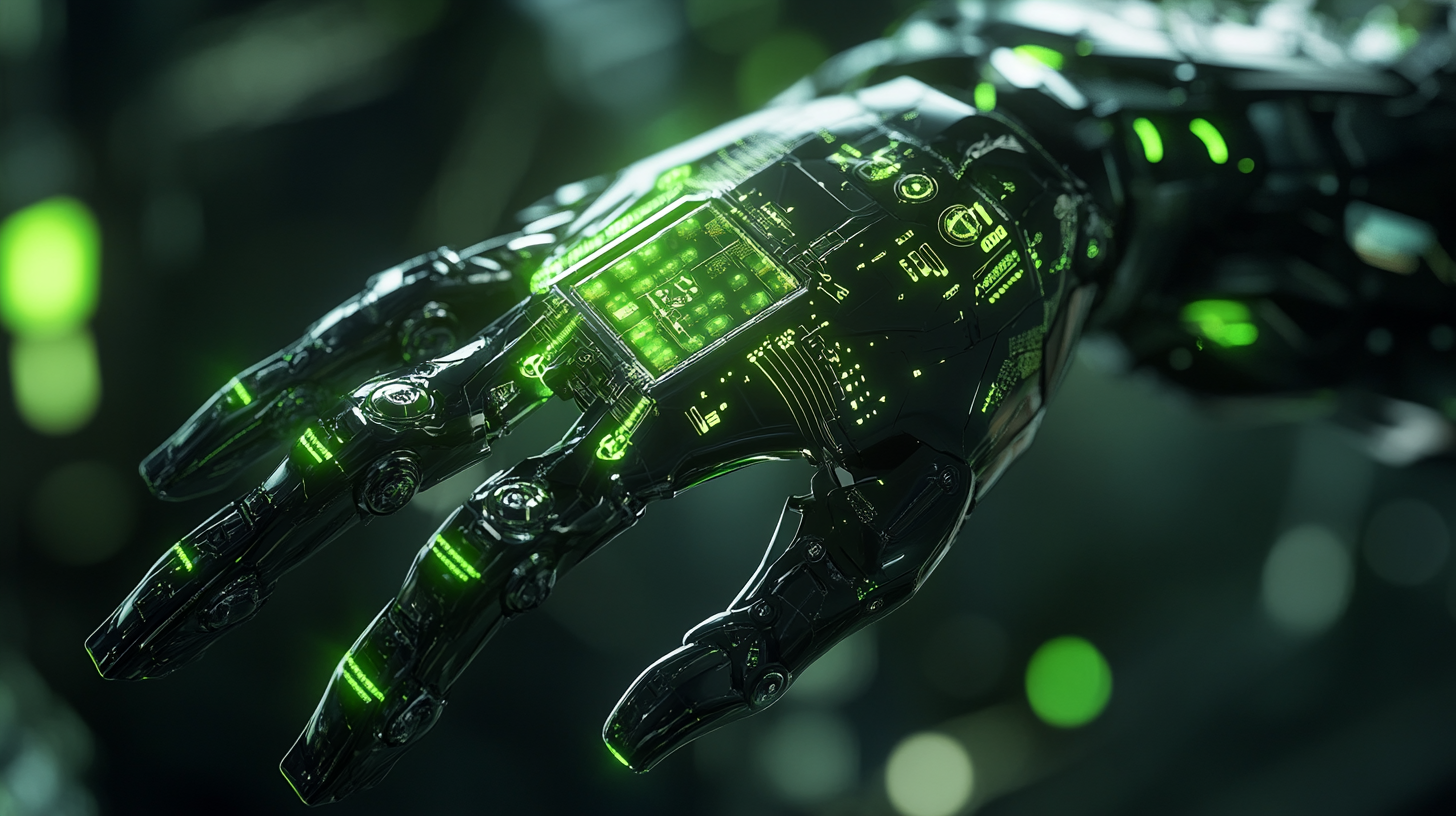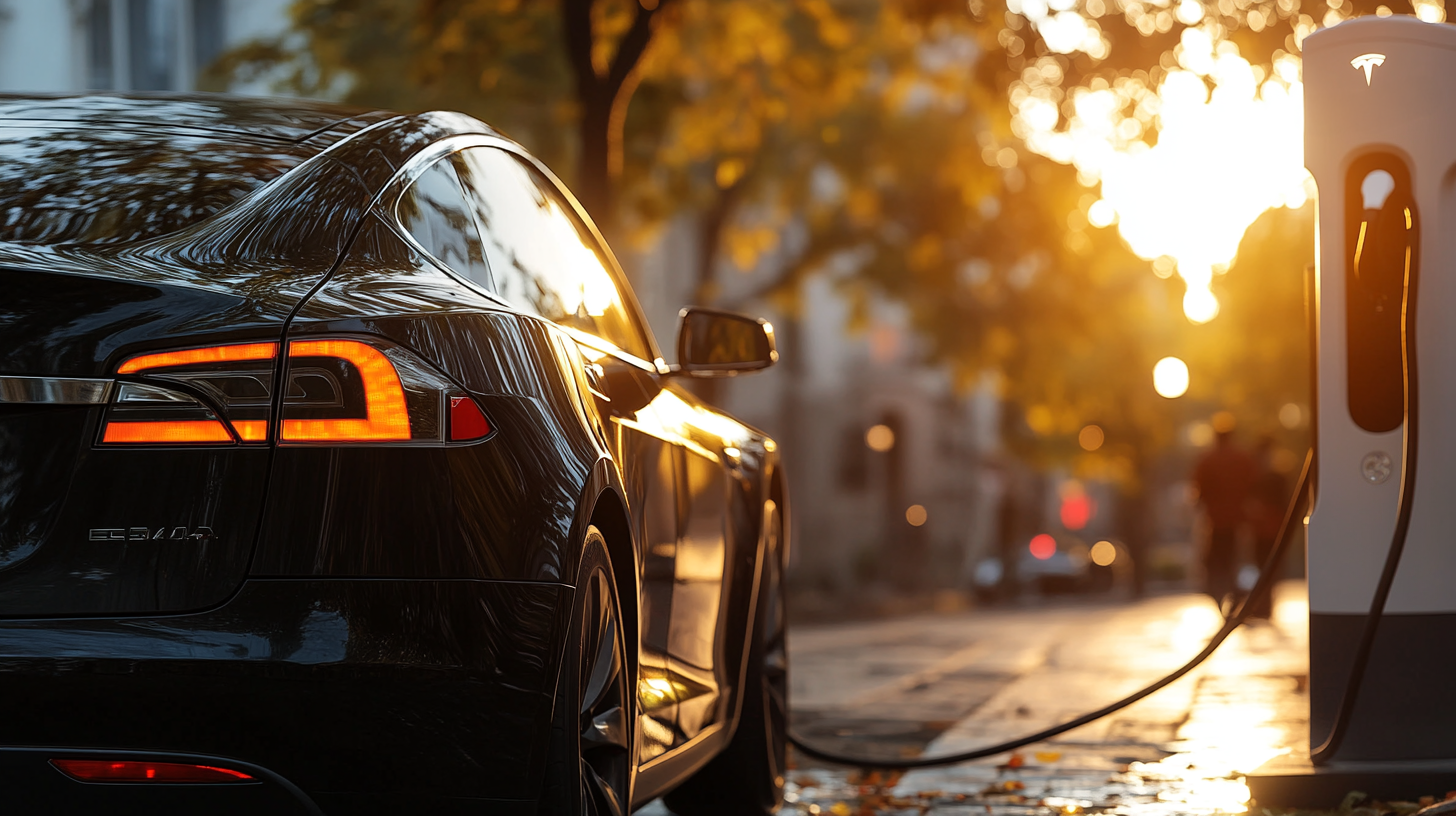Apple's Bold Move into Generative AI: A New Era Unveiled
When the long-anticipated partnership in Silicon Valley was finally revealed, it happened so swiftly that the audience at Apple’s Cupertino headquarters barely had time to react. Those expecting a grand appearance of OpenAI’s Sam Altman alongside Tim Cook at Apple’s flagship developer event were left disappointed.
The spotlight at Apple’s Monday event remained firmly on Apple itself. The key message was clear: the partnership with OpenAI is just the beginning of many more to come.
Apple’s pitch to investors, concerned about the company falling behind in technology, stressed its unique position. While the first wave of generative AI focused on understanding the broader world, Apple is set to offer AI that understands you.
Introducing "Apple Intelligence"
Apple’s own suite of generative AI models, branded as “Apple Intelligence,” took center stage. These models, developed and trained in-house, will be integrated into the upcoming iOS 18, iPadOS 18, and macOS Sequoia.
Unlike its competitors, Apple has chosen not to build generative models on the same scale as OpenAI’s GPT-4o or Google’s Gemini Pro, which boast over a trillion parameters. Instead, Apple’s on-device foundational model, with its 3 billion parameters, will serve as a gateway to other advanced products in the market.
Gene Munster from Deepwater Asset Management noted, “It’s not surprising that Apple is emphasizing its own solutions. They want to maintain control.” He acknowledged a significant gap between Apple’s model capabilities and those of OpenAI, stating, “They are not going to highlight that disparity.”
Neither Apple nor OpenAI disclosed financial details of their partnership, similar to the $20 billion annually Google pays Apple to be the default search engine on iPhones.
Privacy and Security: Apple's Core Differentiators
Craig Federighi, Apple’s Senior Vice President for Software, emphasized that while other models possess extensive world knowledge, Apple is “starting with the best” and aims for further collaborations, including with Google over Gemini.
Munster pointed out a cultural shift within Apple, stating, “Apple’s AI is, at its core, in someone else’s hands. They’ve never licensed a core technology from a third party before.” He differentiated this from Apple’s longstanding search partnership with Google, explaining that AI is more integral to the operating system.
Apple is capitalizing on its traditional strengths by highlighting privacy and security benefits. Any personal data used to train its AI models will stay within Apple’s ecosystem. These models will run primarily on-device, with cloud queries directed to Apple-owned servers, ensuring users won’t notice the difference.
New Features and Enhanced User Experience
The new AI capabilities will enable features like custom-generated emojis, advanced photo editing, writing and drawing assistants, and a more context-aware Siri. These enhancements promise to make iPhones smarter over time as hardware improves and Apple’s models advance.
For more complex queries, Siri will utilize ChatGPT, such as identifying ingredients from a photo and suggesting recipes. This integration will extend to Apple’s writing tools as well.
Users will have the option to use this feature, with Siri prompting them beforehand. OpenAI ensures “built-in” privacy protections, with no request storage and IP address obfuscation. Users can connect their ChatGPT accounts, subjecting them to ChatGPT’s data policies.
Industry Reactions and Future Implications
Tesla CEO Elon Musk expressed his disapproval on X, criticizing Apple’s reliance on OpenAI and threatening to ban Apple devices within his companies, calling it “an unacceptable security violation.”
Musk’s comments underscore the intense scrutiny AI partnerships face in Big Tech, with regulators poised to address power concentrations.
Apple’s new features will require the latest hardware, specifically the iPhone 15 Pro and Pro Max with the A17 Pro chip, and M series chip-equipped laptops and tablets. This requirement may encourage users with older devices to upgrade.
With the anticipated iPhone 16 release later this year, Apple seems set for a significant marketing push highlighting its generative AI capabilities.
Francisco Jeronimo of IDC described the event as “the beginning of a new era for Apple and their users,” positioning Apple to capitalize on a future “supercycle” of device sales as it transitions to more “intelligent devices.”







